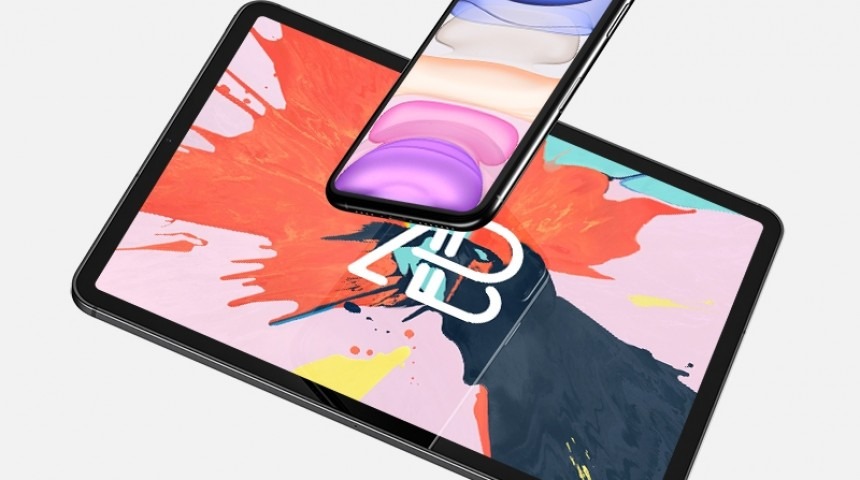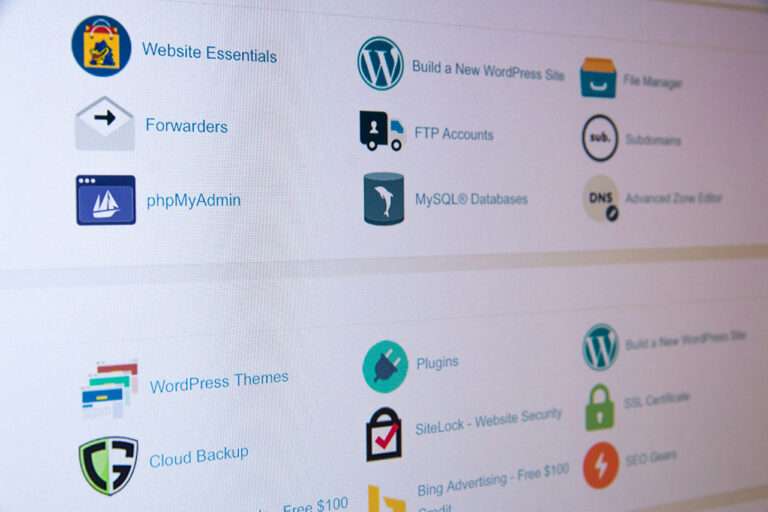News outlets have been busy over the last few days reporting on how the UK Government have stalled their plans for a contact tracing app – with some articles seeming to point the blame at Apple.
One such article from the BBC says “Number 10 is concerned that iPhones will not always detect each other because of a restriction Apple has imposed on apps that do not adopt its model.” Well that certainly makes it sound like Apple have set out to scupper people who don’t do things the way they suggest – but is that really the case?
Have bugs in iPhones stopped the contact tracing app working?
The issue seems to be that the UK’s app – like many if not all contact tracing apps being rolled out around the world – needs to use Bluetooth to pass data between phones. But on iPhones, you can only actively use Bluetooth whilst an app is open on your screen. As soon as you close it or put your iOS device to sleep, the Bluetooth stops working.
That might sound like a bug depending on how it’s reported on, but it’s actually intentional by Apple as part of it’s app permission rules. Both Google (who make Android phones) and Apple (who make iPhones) have boundaries in place to stop app developers broadcasting Bluetooth signals constantly as that can be used – and abused – for targetted advertising and hitting people with ads as they walk down the street.
In developing their contact tracing app, the UK Government are just like any other app developer and so are subject to the rules like this put in place by the tech giant. There can be clever work arounds – The Verge explain how old Androids passing by iPhones in the street can be used to “wake up” an app and make it’s Bluetooth kick in again, but that only really works in built up urban areas where you’re always going to be surrounded by lots of phones.
So why are some countries managing to launch contact tracing apps?
I’ve written previously over on 18a about the two underlying approaches contact tracing apps can take – centralised and decentralised. Our Government here in England opted for a centralised app, which means the apps will be collecting and storing data about us all the time. Initially Health Secretary Matt Hancock said that this data “would only be used for NHS care and research” but since then CEO of NHSX Matthew Gould seems to have widened this to “those who have an appropriate health reason”. Security of these nationwide apps is being questionned across the world, with Bahrain teaming up with a game show to promote theirs!
Meanwhile Google and Apple have advised on a decentralised approach where your phone only hands over need-to-know data to who needs to know it if you start showing COVID-19 symptoms.
Security concerns could mean the app won’t take off to the levels it needs to – with some reports claiming it needs to be more popular than WhatsApp, and others saying just 60% of the population would be enough. But the UK Government decided that the extra data they could glean from the centralised approach would be of enough benefit to medical research that the approach was the best way forward.
For those creating a decentralised approach, Apple and Google have worked together to create an API – so not an app of their own, but a tool countries developing apps can tap into – which makes the decentralised approach possible. And because Apple and Google are working on this, they can make something that works with their own operating systems. So it’s not that Apple have purposely put blocks in the way of the UK’s app in favour of it’s own, it’s that Apple’s rules are pre-existing ones around user privacy and the decentalised approach they recommend works hand in hand with these.
Are the UK going to switch to a decentralised approach?
Depsite lots of news that Apple haven’t been consulted, it seems the UK are considering switching to a decentralised approach. However there’s also a question mark over whether they’ll ever roll anything out.
The UK version apparently could only log 75% of Android devices and a tiny 4% of iOS devices during it’s Isle of Wight trial, whilst the decentralised model could detect 99% of devices but with a weaker distance signal… and whether someone is 1m away from you or 3m away is crucial to knowing whether you need to self isolate. Signals were even found to get stronger sometimes the further someone was away from you, just based on other objects around you reflecting the radio waves. These concerns haven’t stopped countries such as Australia rolling out their app but it seems clear that more testing is required to understand the limitations of Bluetooth technology and how countries should handle the data they receive from the apps.
Image credit Anthony Boyd.


